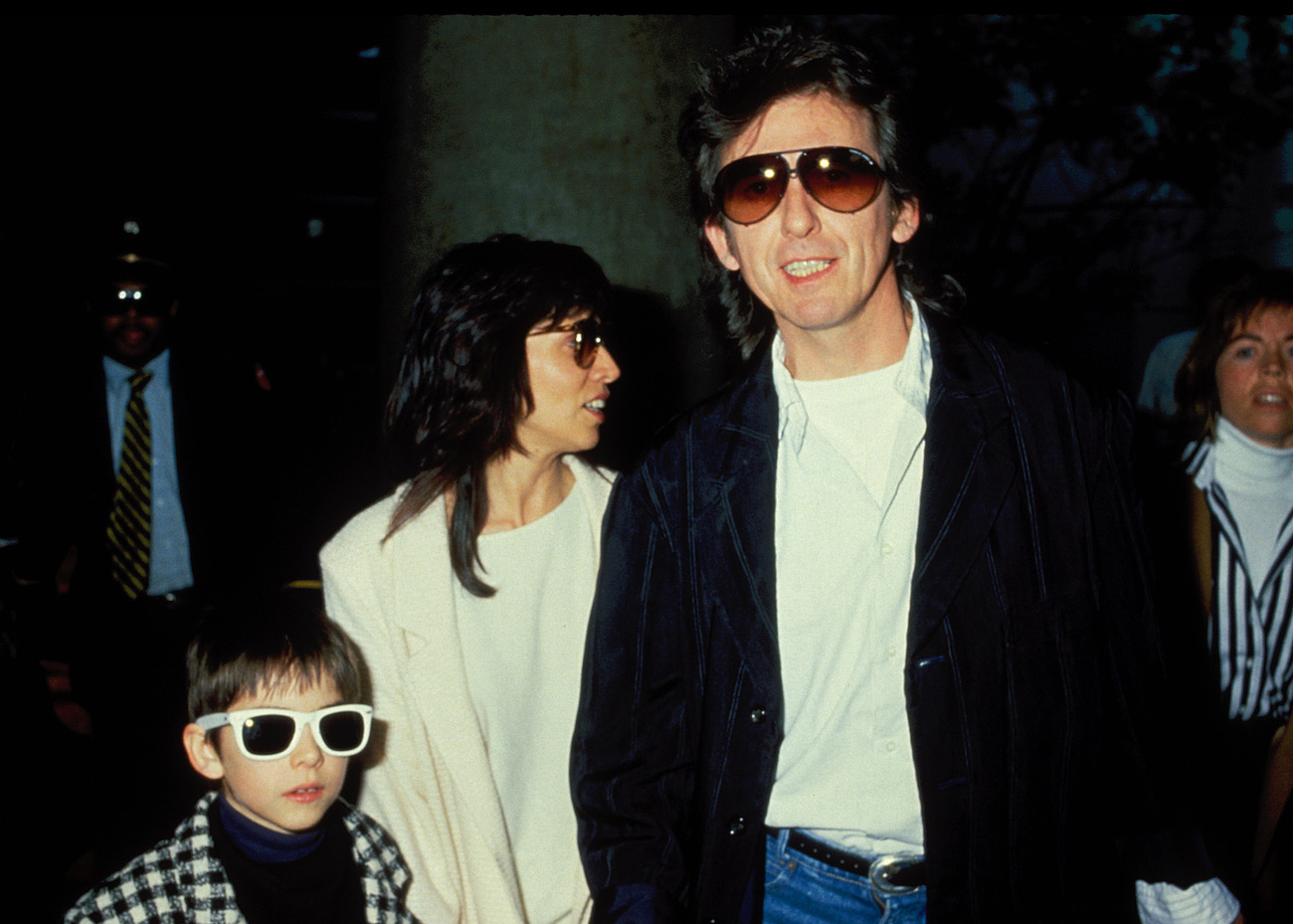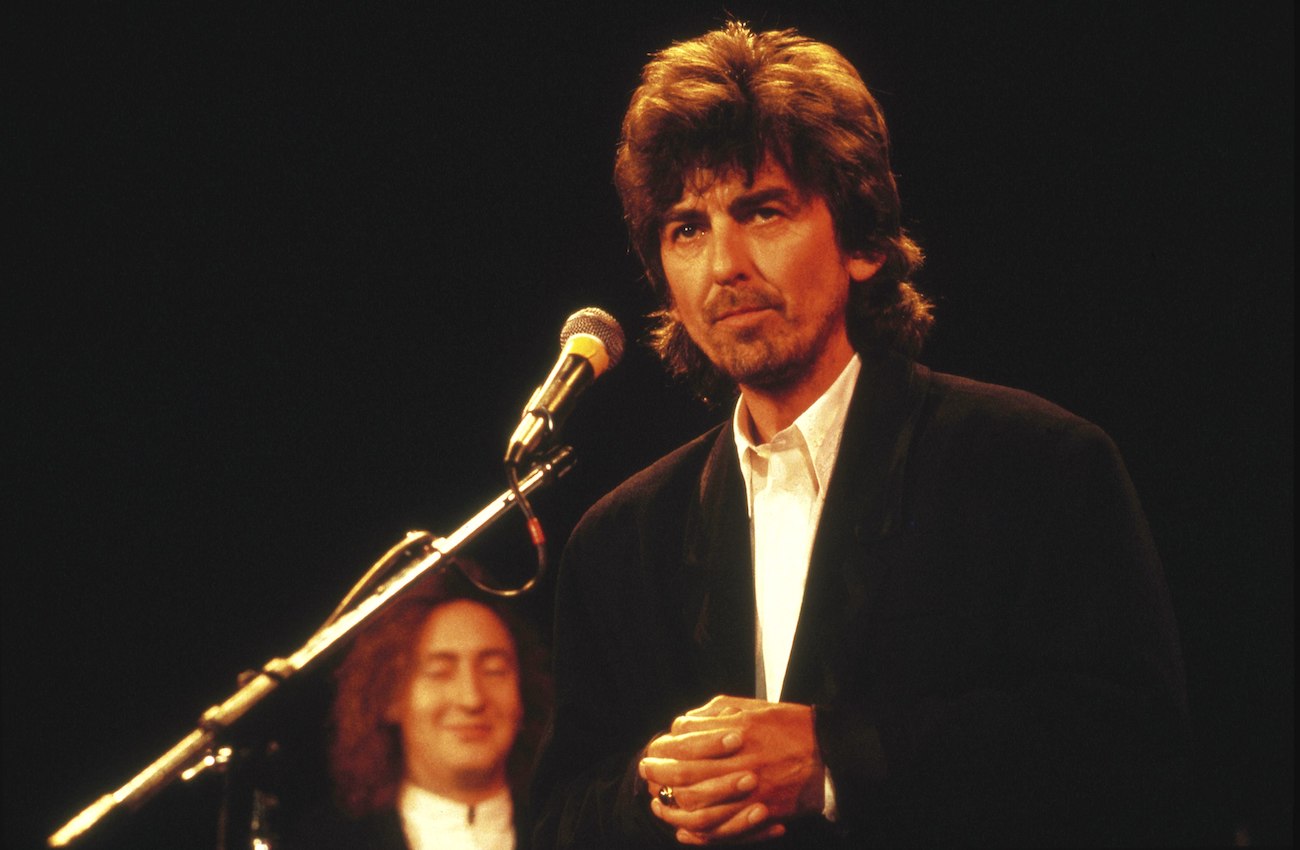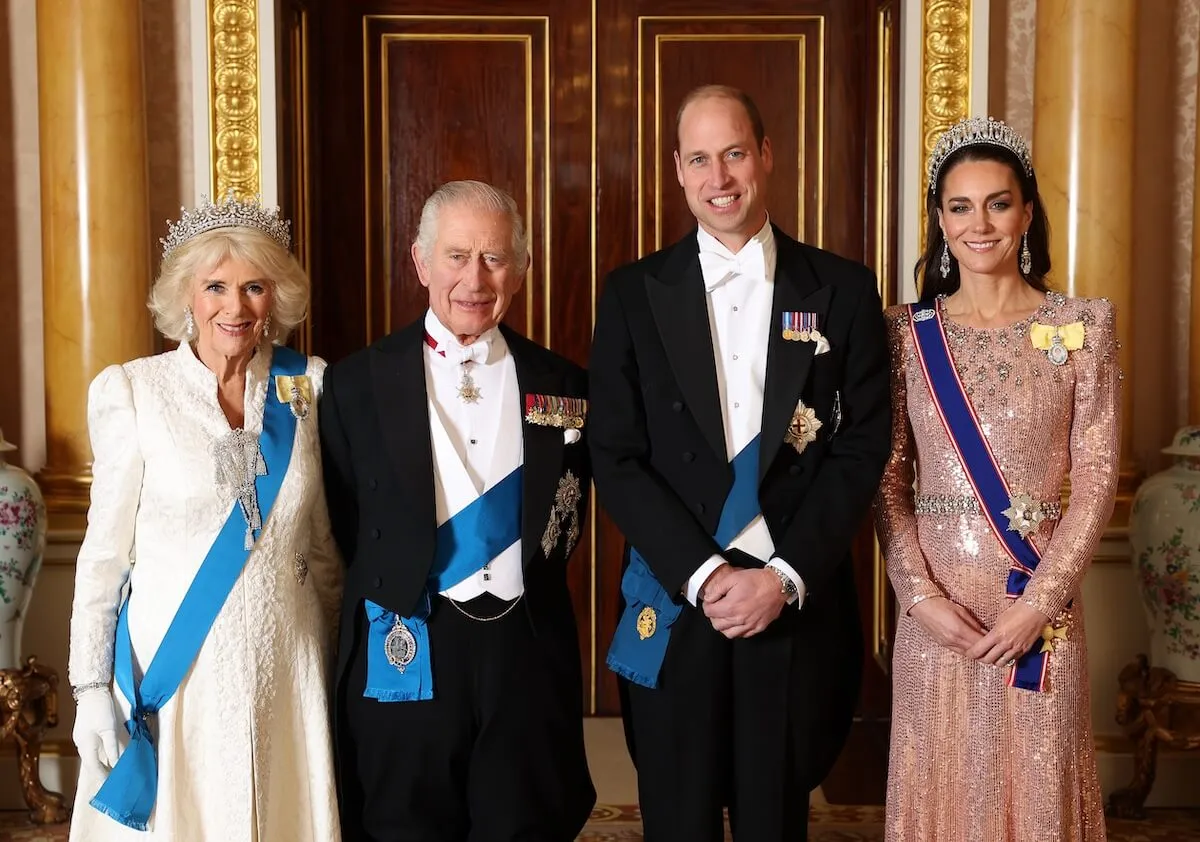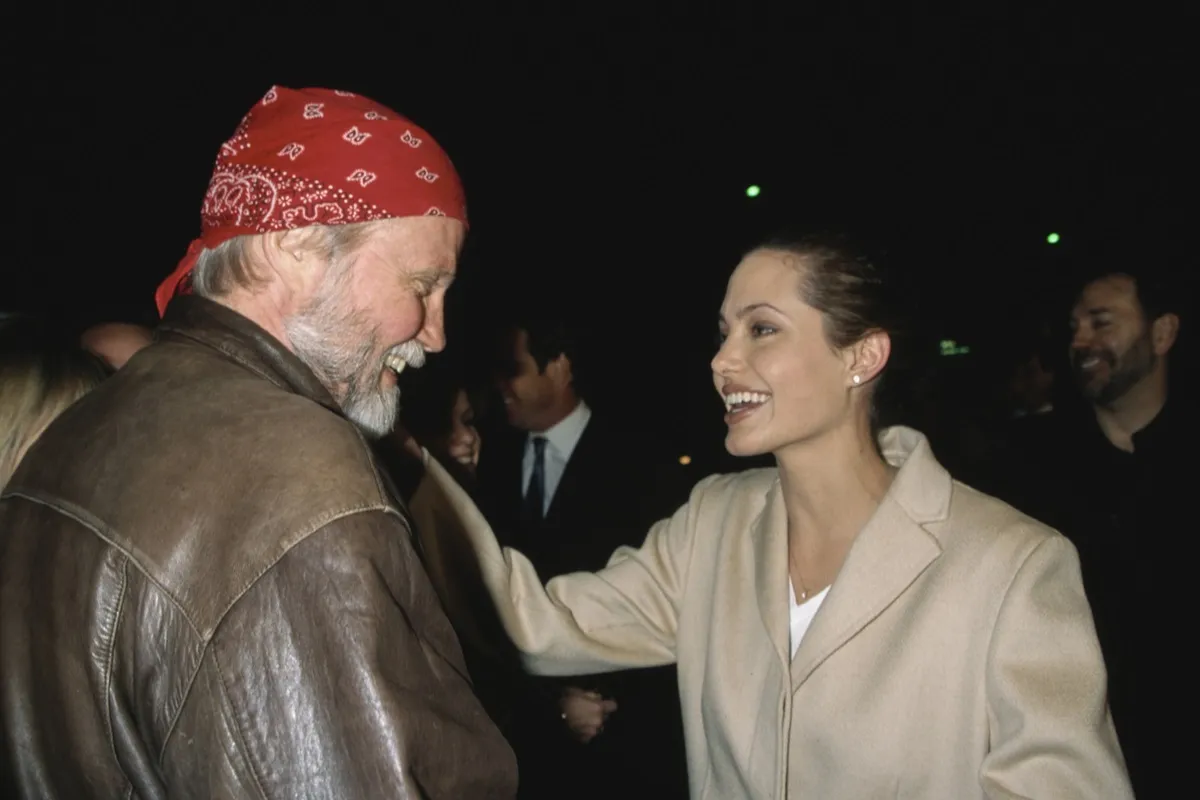
George Harrison Loved When People Didn’t Recognize Him in Public
After experiencing Beatlemania for years, George Harrison was relieved when people didn’t recognize him in public. For most of his life, George felt that he couldn’t go anywhere without people harassing him. However, eventually, the Beatlemaniacs grew up and treated George like anyone else.

George Harrison wished he was anonymous and invisible to the public
In 1975, George told David Herman at WNEW-FM (per George Harrison on George Harrison: Interviews and Encounters) that as a famous person, he had no freedom. George wished he was anonymous and invisible to the public.
“To a degree, but I don’t really choose, you know? This is the funny thing,” George explained. “It’s like, to say, in some respects, my life, to be me, is … I’m not sure if it was a blessing or a curse, you see, because, the blessing is that you’re rich and famous and all this looks rosy.
“But on the other hand, behind the scenes, to know that what then you expect of yourself by knowing what you know through being what you’ve been, that’s the thing of learning and knowledge. And then, of what others expect of you and then all the millions of situations you get involved with by being that person.
“This goes for like anybody who goes through a similar sort of situation. Then in some respects it’s a pain in the neck.”
Herman asked if George was sometimes lonely.
“Sure, sometimes it is,” George said. “Sometimes it’s just hard. You’d just like to be anonymous. Sometimes I’d just like to be invisible, even now after 10 or whatever, twelve years, of that. I still find I can’t even go out.
“If I want to go out and watch somebody singing at the Roxy or something, I go in there and it’s like the club tilts over. I become part of the show. And that’s amazing after all that time. Sometimes it’s nice to be invisible and just go out and just be nobody.”
Even five years after The Beatles split, George still felt like he couldn’t go out.
George liked that the public didn’t recognize him out in public
In a 1987 interview with Creem Magazine, George explained that he became comfortable with being a Beatle. He came to terms with what happened, settled down, recuperated, and found that the public had grown up with him. Then, they treated him better.
“Well, I’ve had a lot of years,” George said about coming to terms with being a Beatle. “It was terrible around ’69, and in that period: everybody’d seen the movie ‘Let It Be’ and it was really tense and nasty. And the years that followed that were hard because we were all sort of shellshocked from the ’60s. But as things have settled down I’ve come to terms with it and it’s sunk into the past. We’ve gotten older and new generations have come along.”
George said he’d spent years avoiding the public eye to get to a place where no one would recognize him. “I spent years avoiding interviews and going on TV to get to a point where I could go out, walk down the street and go in a shop and just do regular little things that ordinary people do.
“Everything’s cool and it’s quite enjoyable. And now, if somebody comes up and says, ‘Alright, George,’ and they just congratulate you and thank you for all the music you did in the past and what you’ve been doing–that’s nice. It’s the concentrated mania that would make anybody go crazy. It had its low point around the end of the ’60s and it did have a hangover period into the ’70s, but I’m cool now.”
Fans didn’t recognize the former Beatle when he was hanging out with friends
Even when George wasn’t trying to be invisible, the public didn’t recognize him.
In Martin Scorsese’s documentary, George Harrison: Living in the Material World, Monty Python comedian and one of George’s closest friends, Eric Idle, told a hilarious story about a time when fans didn’t recognize George.
“George was very fond of Rutland Weekend Television,” Idle said. “On Rutland Weekend Television, we did a send-up called The Rutles. It was like A Hard Day’s Rut. We were on Abbey Road filming, and I’m dressed as Paul, and Neil was dressed as John with a huge big beard.
“We’re on Abbey Road, and these people come, ‘Ah! You’re The Beatles! You’re The Beatles!’ And it’s like 20 years later; you think they’re still here? But George is standing with us, and they don’t recognize him. He’s laughing his a** off because we’re signing autographs, and they don’t notice it’s George.”
Maybe not all the Beatlemaniacs grew up. Still, Beatlemania, John Lennon’s murder, and his home invasion in 1999 did nothing to stop George from going out. At that point, George didn’t care anymore. He would do what he wanted and didn’t let things affect him.


